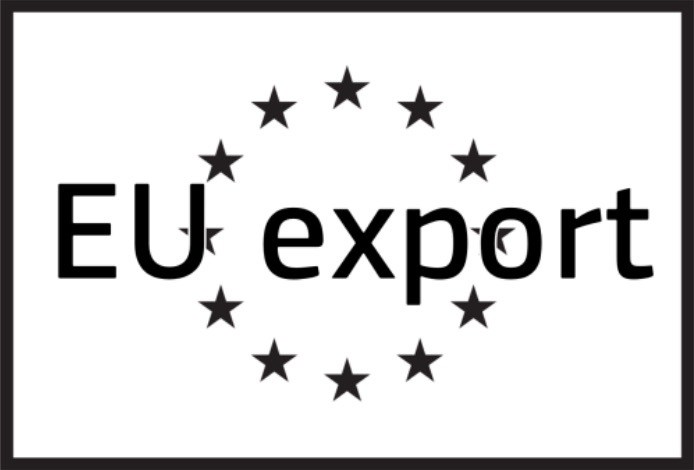EU manufacturers of generics and biosimilars have welcomed a new regulation allowing such products to be manufactured without the consent of the Supplementary Protection Certificate (SPC) holder in some circumstances. The waiver allows manufacture of generics and biosimilars in the EU during the currency of the SPC for export to non-EU countries where patent protection never existed or has expired and also, during the last six months of the SPC, for stockpiling ready for launch on the EU market when the SPC expires.
Global competitiveness
SPCs were introduced in the EU in 1992. They extend patent protection for some authorised medicines for up to five years in order to compensate originator life sciences companies for the long periods of testing and clinical trials when the patented medicine cannot be marketed. A primary aim of the SPC system is to encourage research and development within the EU by increasing rewards for innovation.
A potential disadvantage is that the existence of an SPC preventing manufacture in the EU provides an incentive to move generic production outside the EU to places where there is no relevant patent protection. The object of the waiver, therefore, is to encourage generic production within the EU and increase the global competitiveness of EU generic producers by enabling them to compete on a more equal footing in global markets where there is no patent protection.
Stockpiling ready for EU launch
As originally proposed the waiver would only have covered products for export. It has, however, now been extended to allow generics and biosimilars to be manufactured in the EU in the final six months of the SPC and stored ready for launch on the EU market on expiry of the SPC.
Protecting the interests of originator companies
There is no doubt that the waiver affects the interests of originator companies, which will lose the ability to control manufacture for export and may see even more effective competition from generic companies on expiry of the SPC. EU Commission statements give little apology for this, pointing to the increasing importance of generics and biosimilars, which it projects will account for 80% of market share by volume by 2020. The new provisions do, however, include safeguards designed to prevent the re-entry of the exported goods onto the EU market, including notification obligations and the use of a special logo on product for export (see pictured).
Entry into force
The waiver is introduced by way of an amendment to the existing SPC Regulation[1] and is expected to come into force on 1 July 2019. Initially it will only affect SPCs applied for on or after this date, but after three years it will extend to SPCs applied for before entry into force but which have become effective after the entry into force of the amendment regulation.

 Charlotte Tillett
Charlotte Tillett